‘I’m impressed how quickly Europe cut Russian gas’

Switzerland is the world’s largest global commodity trading hub. Making sure traders do more good than harm is a delicate task.
“Switzerland should take a closer look at its commodity trading companies,” says economist and energy expert Cornelia Meyer.
The industry is very opaque, partly because so few commodity trading companies are listed on the stock exchange. Annual reports and income statements are therefore often inaccessible.
+ Why the opaque Swiss shipping industry needs regulation
A specialist industry regulator could be a reasonable option, but Switzerland must be careful because commodity trading companies are extremely mobile, according to Meyer.
If traders feel conditions are deteriorating, they would soon leave Switzerland. And that would be problematic from an international perspective: “It would be better if commodity trading companies stayed in Switzerland,” said Meyer. There are at least some legal regulations in the Alpine state.
Male-dominated industry
The big topic in the commodities industry right now is Western sanctions against Russia. “I’m impressed at how quickly Europe cut its ties with Russian gas,” said Meyer.

More
ʿInflation will keep us busy for a long time to comeʾ
Germany built new liquid gas storage facilities in next to no time. She’s never seen anything like it.
Meyer, one of the most sought-after raw material experts in the world, has just returned from an energy conference in Saudi Arabia. However, it was not clear from the start that she could fit into this male-dominated industry.
“In the early 1980s, the professional prospects for me as a young woman were still very limited,” she told SWI swissinfo.ch’s Geldcast. Meyer went to Japan to write a doctoral thesis and ended up advising the Japanese foreign trade minister.
+ How commodity traders are adapting to wartime reality
Meyer later worked for the Asian Development Bank and General Electric in the United States before becoming a freelance energy sector management consultant since 2008.
The raw materials industry is one of the world’s most important economic sectors. Switzerland is at the forefront: according to the Public Eye NGO, more than a third of the world’s raw material transactions go through through Switzerland.
“We need energy for almost everything, for example to move, to transport goods and to produce food,” said Meyer.
New technology
But what does she think about the demands of people marching on climate strikes?
“The net-zero target is certainly a good thing,” said Meyer “But we won’t manage without oil and gas.” By 2050 there will be two billion more people on Earth. “Particularly in developing countries, people will continue to need fossil fuels in future.”
So how should we counteract climate change? The keyword here is decarbonisation. This includes a technology called Carbon Capture, Utilisation and Storage (CCUS). This allows CO2 to be captured from the air, stored and made useful.
In addition to CCUS, other innovations will also play an important role. “New technology must be part of the solution,” said Meyer.
Fabio Canetg completed his doctorate in monetary policy at the University of Bern and the Toulouse School of Economics. Today he is a lecturer at the University of Bern. As a journalist, he works for SRF Arena, Republik Magazin and SWI swissinfo.ch, where he hosts the monetary policy podcast “Geldcast”.

In compliance with the JTI standards
More: SWI swissinfo.ch certified by the Journalism Trust Initiative










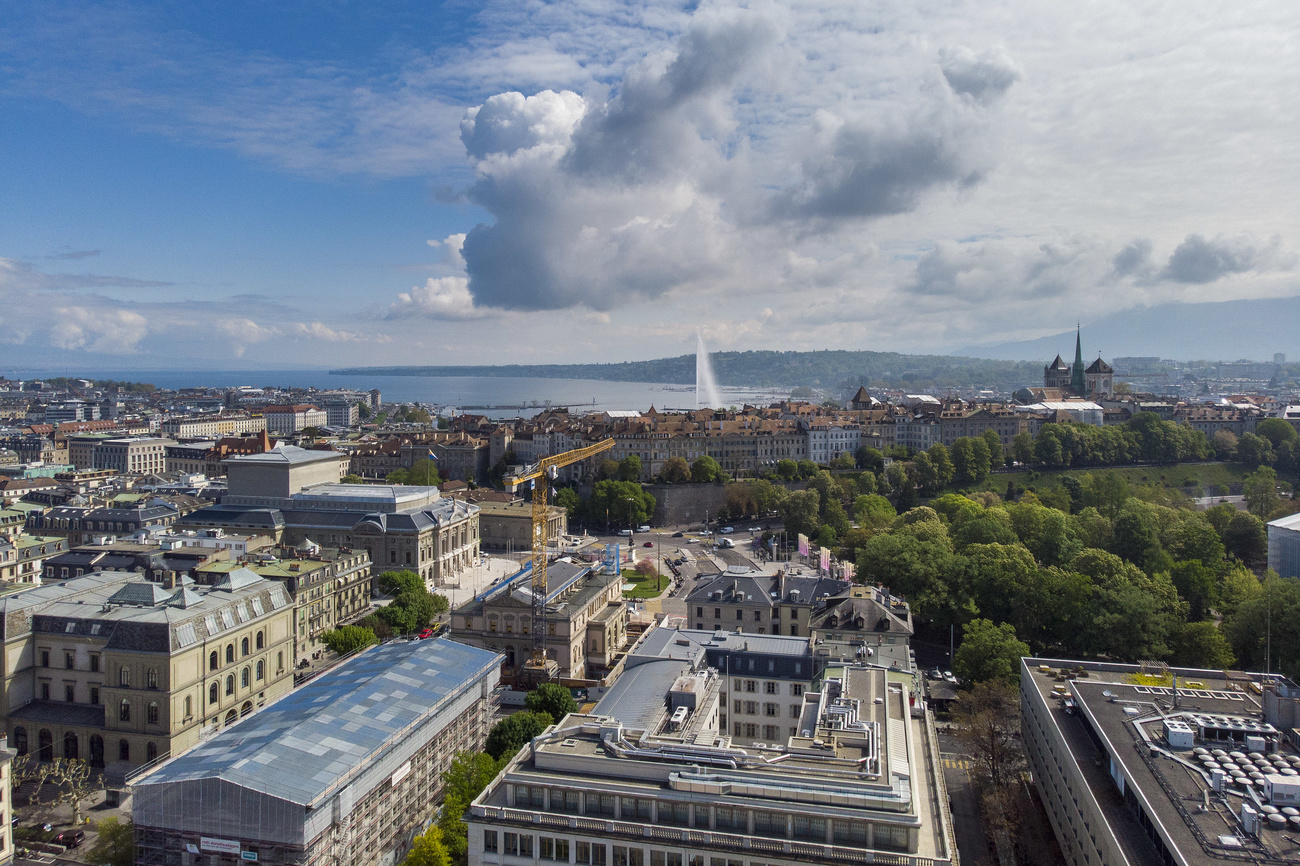

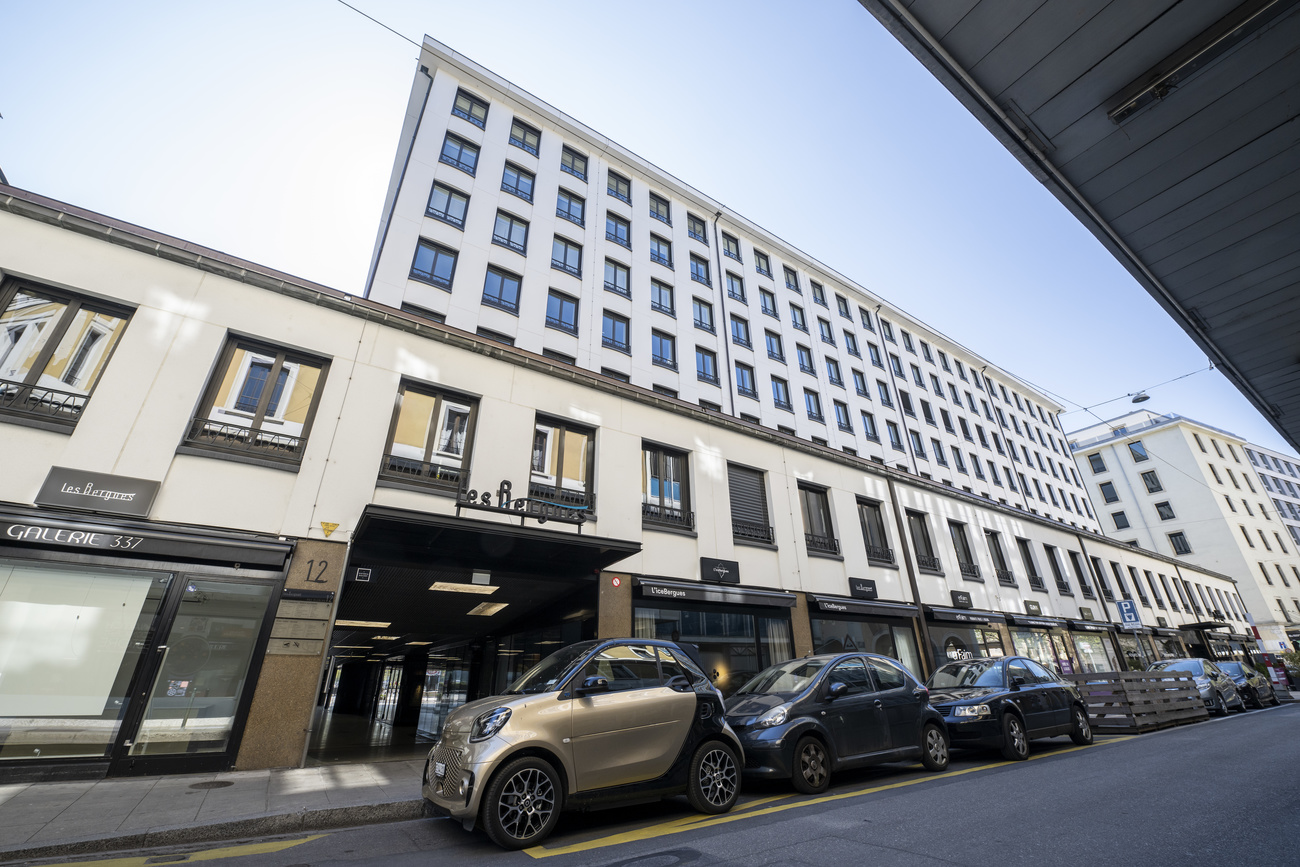
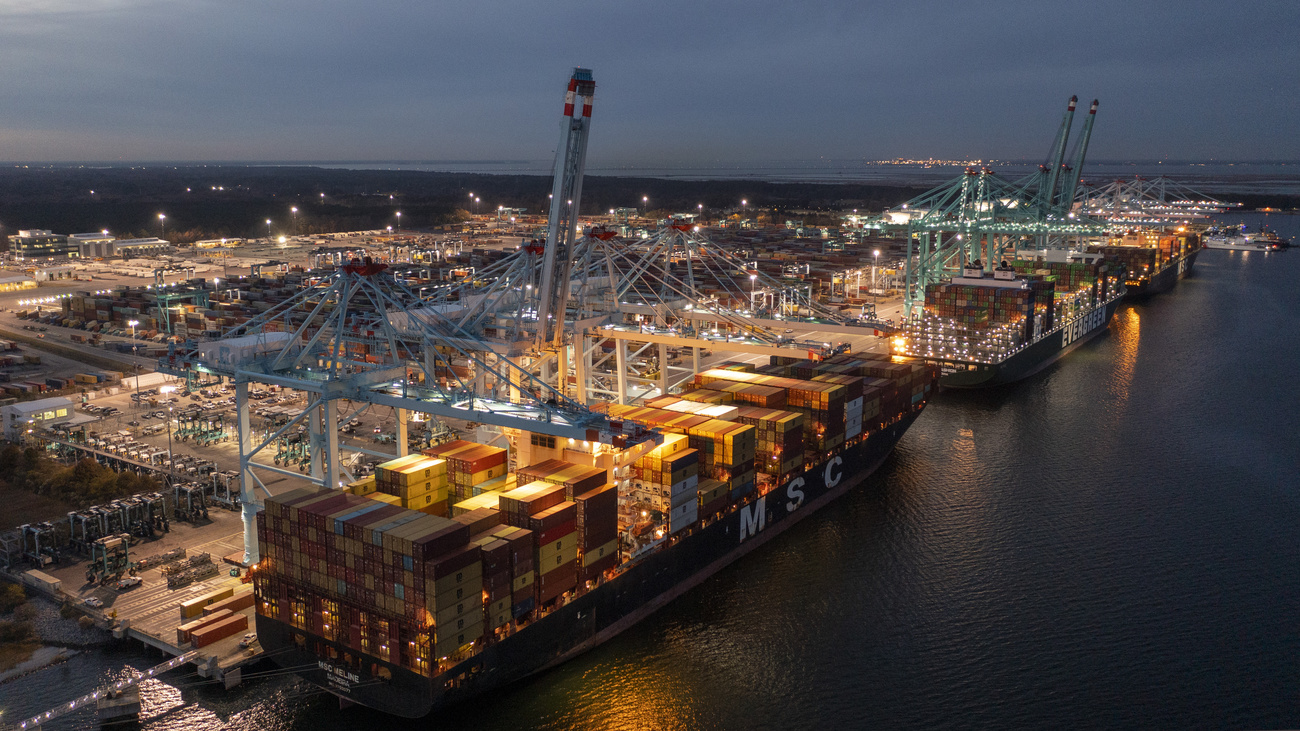
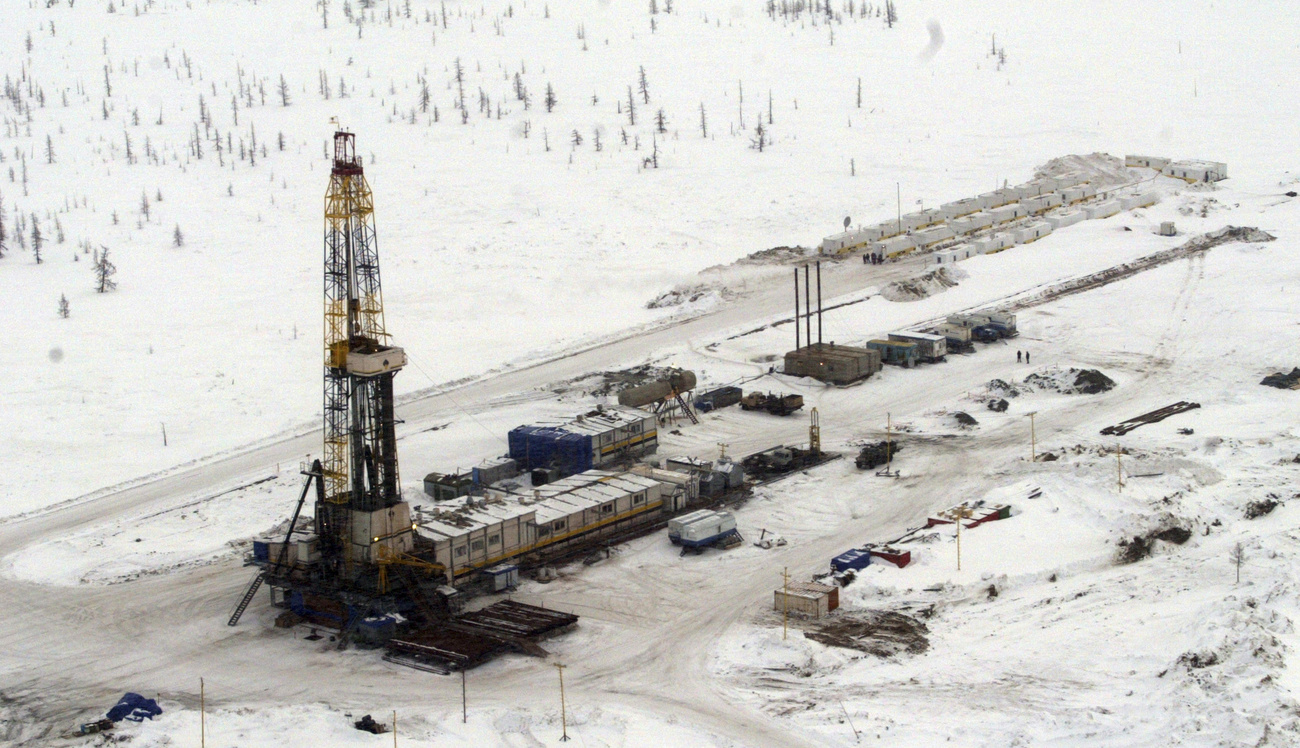

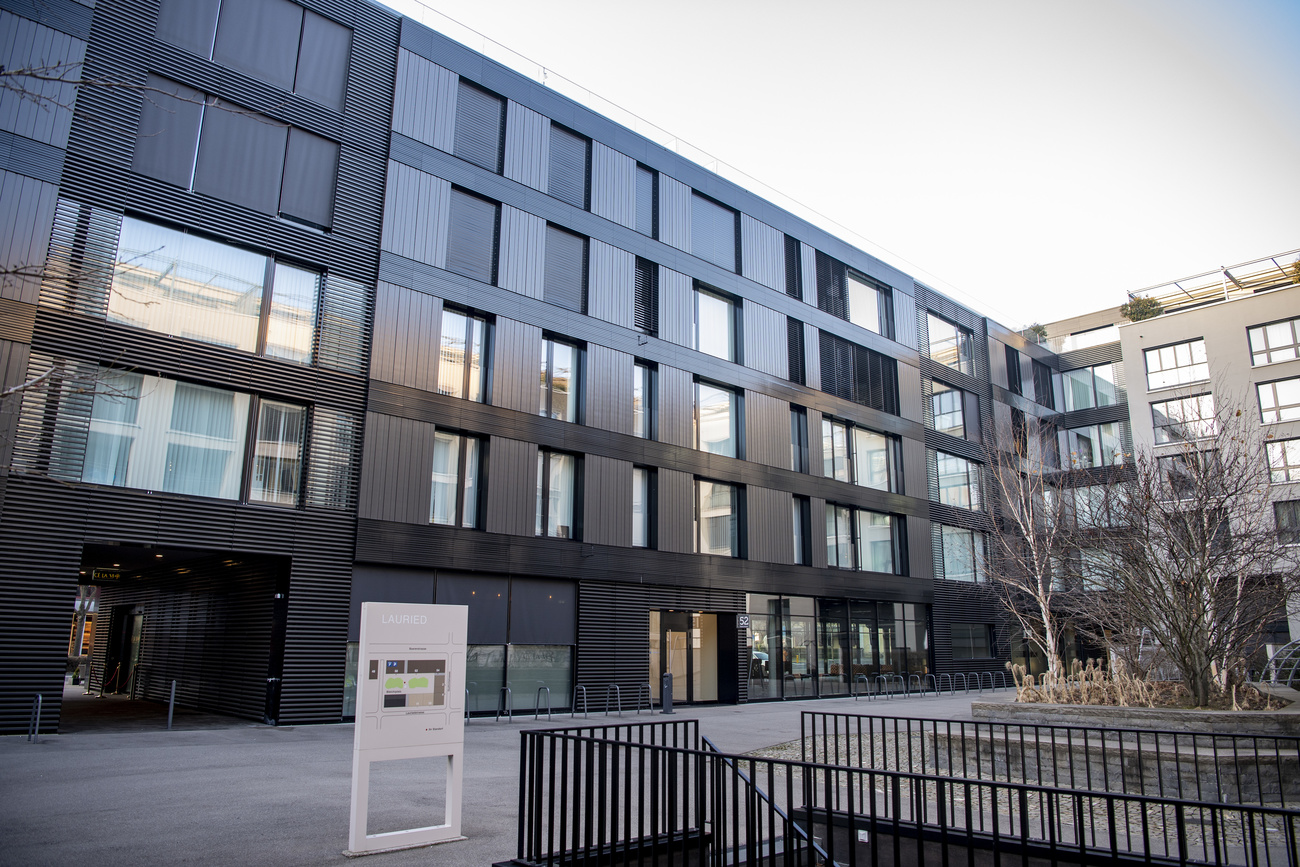

You can find an overview of ongoing debates with our journalists here . Please join us!
If you want to start a conversation about a topic raised in this article or want to report factual errors, email us at english@swissinfo.ch.